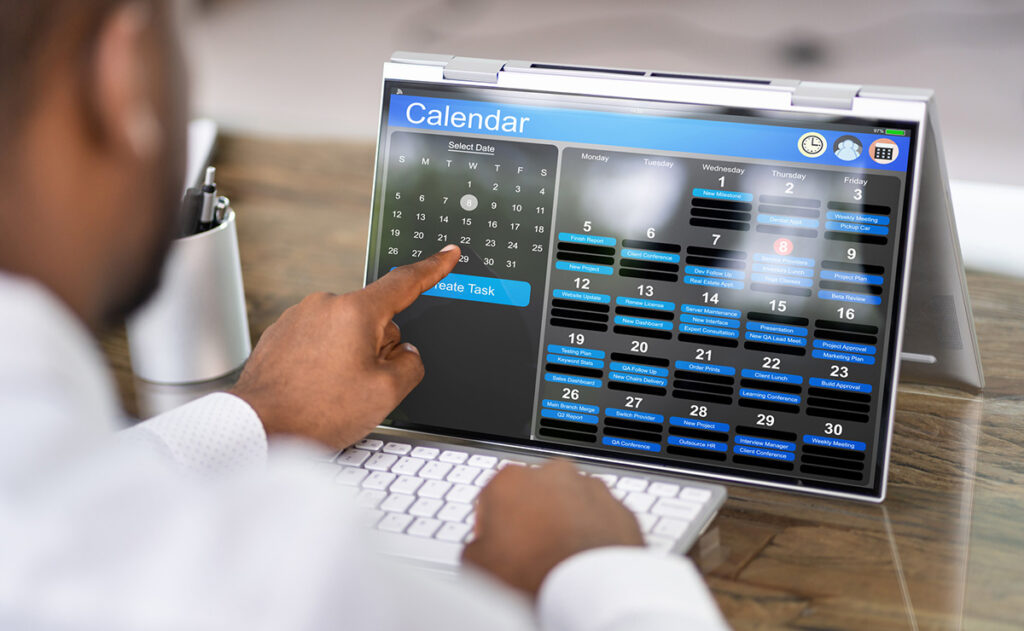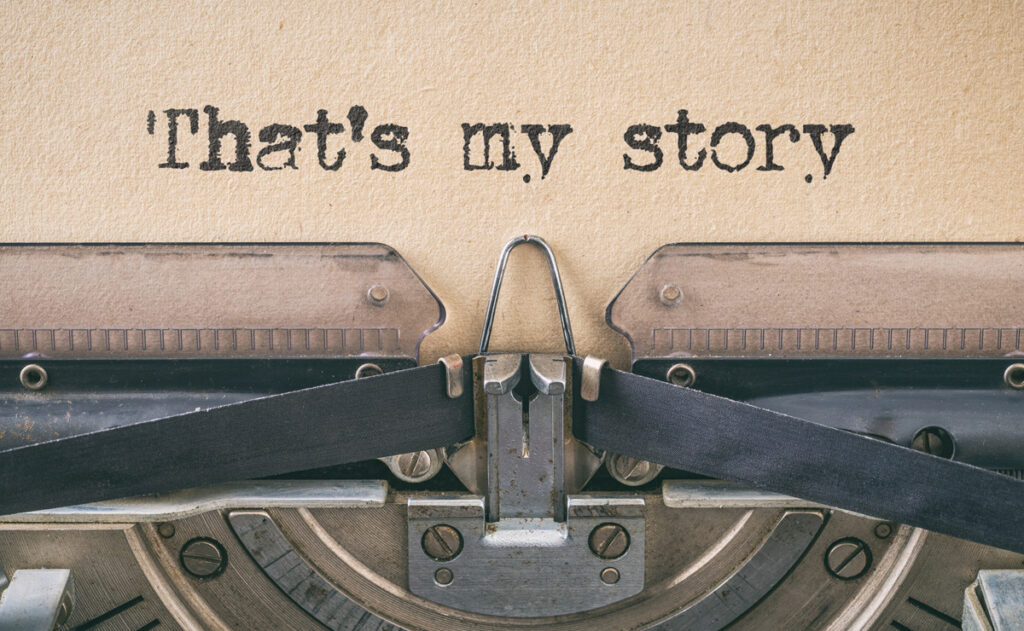- August 9, 2023
- Ally Varitek
These days, self-taping is more than a neat skill; it is a necessary one. Whether it be filming material for your website, submitting a virtual tape, participating in virtual callbacks, or filming at-home user generated content for a parallel career, a strong understanding of how to self-tape aids an actor immensely in their career. From lighting to where to look, there are many new essentials to learn in this medium. Theater.Academy’s newest course, Self-Taping and On-Camera Acting, gives you the full scope, so be sure to engage with instructor Ellen Parks and all her wisdom. In the meantime, here’s an exploration of all the ways self-taping skills can help you!
Website Material
Nowadays, an actor’s website is a window into their artistry. Extending beyond the rehearsal room, having ample material available on your website allows creative teams to see more of you outside the limited time in the room and increases your visibility. Casting directors, directors, and more, often consult these places for more information and a clearer look at your essence and capabilities. By having a variety of materials across styles from monologues to songs to dance reels, an actor can demonstrate their range all in one place. There is often no time for this kind of variety in an audition room, and it allows the actor more agency in how their personhood and skillset are communicated. Consider using your self-tape equipment and Theater.Academy’s best practices to cultivate a clear look at your artistry!
Initial Auditions
Video submissions have been an accessible adjustment in the theater industry since the pandemic but serve a more inclusive purpose. Now, actors unable to attend an audition due to a conflicting rehearsal schedule or geographical constraints are still afforded the opportunity to audition with the possibility to tape. Filming these submissions as professionally as possible helps give the creative team a complete look at your capabilities without having to step foot in the room.
Virtual Auditions
In the case of virtual auditions over video software such as Zoom, Google Meet, or Skype, your self-tape set-up and skills can aid you in looking as put-together and professional as possible. You’ll know where to look, how to light it, and how to use the space of a frame through learning self-taping basics. This is helpful for everything from auditions to tablework to important callbacks across the country!
Ventures into TV and Film Acting
There is immense crossover between the skills needed for self-taping auditions and on-camera acting (which is why our course covers both!). If you’re a theatrical actor seeking to venture into the more intimate style of film, learning the basics of on-camera acting will only create more opportunities for you to be part of stories! Nowadays, a large number of theatrical playwrights write for film and tv, so you may even get to collaborate with theater artists you know and love!
Social Media Content
Acting is a business, and in a world saturated with media, your brand and essence as an actor extends to your social platforms. Knowing the intricacies of taping and on-camera work can only help you create content that is authentic to you and a neat extension of your artistry. Whether you feel confident posting songs you’re working on or using the same tips in non-performance-related clips, these skills can become incredibly useful. Nowadays, you can also make a parallel career out of using these on-camera skills to create user-generated content (a.k.a. UGC) content for brands such as sponsored ads and content for their social media! Really, the applicability is limitless.
What are you doing? Get started with Theater.Academy’s Self-Taping and On-Camera Acting Course today!





